In a bid to cushon the financial crisis occasioned by the global COVID-19 pandemic and reflate the economy, the Federal Government says it has put in place necessary regulatory or fiscal measures and interventions.
The measures will among among others boost domestic value-addition, de-risk the enterprise environment, attract external investment and sources of funding as well as improving revenue and entrenching a regime of prudence with emphasis on achieving value for money.
The Minister of State for Budget and National Planning, Prince Clem Ikanade Agba, disclosed the series of measures when he made a presentation to the House of Representatives Committee on Finance at an interactive session on the 2021-2023 Medium-Term Expenditure Framework (MTEF) and Fiscal Strategy Paper (FSP).
Agba said that the Federal Government was also improving the tax administration framework to optimize government revenue, stressing that this had been a major thrust of the administration’s Strategic Revenue Growth Initiative (SRGI).
“We have included in the 2021 – 23 MTEF/FSP, a Tax Expenditure Statement (TES) overview which seeks to dimension the cost of tax waivers/concessions, and evaluate their policy effectiveness,” the minister said.
To enhance independent revenue generation and collection, Agba said government would aim to optimize the potential, operational and collection efficiency of Government-Owned Enterprises (GOEs) with a view to generating significantly higher revenues required to fund the Federal Government of Nigeria (FGN) budget.
He explained: “Current sub-optimal revenue performance of GOEs will be addressed through the effective implementation of the enhanced Performance Management Framework.
“The key elements of the reform initiative include Performance Contracts for Chief Executive Officers (CEOs) and key management staff members, which will set financial indicators and targets for each GOE.
“The cost-to-revenue ratio of GOEs has, by a Presidential directive, been limited to a maximum of 60%-70%, while regular monitoring and reporting of revenue and expenditure performance of GOEs will be undertaken by both the Budget Office of the Federation and the Office of the Accountant General of the Federation.’’
The minister disclosed that the Finance Bill 2020, which would accompany the 2021 budget proposal, would contain measures to advance the SRGI, saying “we shall also work closely with the National Assembly to amend relevant laws that need to be amended to help with the SRGI.”
Agba, who represented the Minister of Finance, Budget and National Planning, Mrs Zainab Ahmed, at the 5-day interactive session, said that the Nigerian economy faced serious challenges in H1 (fist half of) 2020, with the macroeconomic environment significantly disrupted by the COVID-19 pandemic.
According to him, crude oil prices declined sharply in the world market, with Bonny Light crude oil price dropping from a peak of US$72.2 pb on January 7, 2020 to below US$20 pb in April, 2020.
“In effect, the US$57 crude oil price benchmark on which the 2020 budget was based became unsustainable.Another key development in the international crude oil market is the massive output cut by OPEC and its allies (OPEC+) to stabilize the world oil market, with Nigeria contributing about 300,000 barrels per day (bpd) of production cuts.
“The impact of these developments is about 65% decline in projected net 2020 government revenues from the oil and gas sector, with adverse consequences for foreign exchange inflows into the economy,” he said.
He said that Nigeria was exposed to spikes in risk aversion in the global capital markets, which would put further pressure on the foreign exchange market as foreign portfolio investors exited the Nigerian market.
“Nigeria’s Q2 GDP growth is in all likelihood negative, and unless we achieve a very strong Q3 2020 economic performance, the Nigerian economy is likely to lapse into a second recession in four years, with significant adverse consequences.
“In response to the developments affecting the supply of foreign exchange to the economy, the Central Bank of Nigeria (CBN) adjusted the official exchange rate to N360/US$1, and more recently to N379/US$,” Agba stressed.
He explained that the disruptions in global trade and logistics would negatively affect custom duty collections in 2020, stressing that the COVID-19 containment measures, though necessary, had inhibited domestic economic activities, with consequential negative impact on taxation and other government revenues.
“Consequently, the projections for Customs duty, Stamp Duty, Value Added Tax, and Company Income Tax revenues were recently reviewed downwards in the revised 2020 budget.”
Speaking more specifically on the revenue performance from January to June 2020, the minister said that as of the end of June 2020, FGN’s retained revenue was N1.81 trillion, 68% of prorate target.
He said that FGN’s share of oil revenues was N859.1 billion (representing 169.48% performance, over and above the prorated sum in the revised 2020 budget) while non-oil tax revenues totaled N581.23 billion (72% of revised target).
According to him, companies Income Tax (CIT) and Value Added Tax (VAT) collections were N301.06 billion and N85.4 billion, representing 73% and 60% respectively of the pro rata revised targets for the period.
“Customs collections was N184.36 billion (82% of revised target) (while) other revenues amounted to N372.04 billion, a lowly 28% of target.”
He said that the NLNG dividends, recoveries and stamp duty collected during the period had, however, yet to be booked in the fiscal accounts.
On the expenditure performance, he said N9.97 trillion was appropriated (excluding GOEs and Project-tied loans), while N4.45 trillion (representing 89.3% of the pro rata N4.99 trillion) was expended.
The minister also explained that out of the expenditure, N1.57 trillion was for debt service, and N1.61 trillion for personnel cost, including pensions.
He dislcosed that as of end of June 2020, only N444.75 billion had been released for capital expenditure, (largely due to the budget revision exercise), explaining that this had increased to about N1 trillion by July 2020.
Announcing that the key parameters as well as other macroeconomic projections driving the 2021-2023 medium-term revenue and expenditure framework had been revised in line with the emergent realities, the minister said the 2020 FGN budget had been revised to accelerate implementation in order to maintain budget credibility, enhance Gross Domestic Product (GDP) growth and promote social inclusion.
He said that the draft 2021 – 2023 MTEF/FSP had been prepared against the backdrop of a global recession and heightened global economic uncertainty, adding that the MTEF showed that there were continuing global challenges due to the COVID-19 pandemic.
Agba stated that the medium-term outlook for Nigeria suggested that fiscal risks were somewhat elevated, largely due to COVID-19 related disruptions which had exacerbated structural weaknesses in the economy.
He said: “Nigeria faces significant medium-term fiscal challenges, especially with respect to its revenues, which if not addressed could snowball into a debt sustainability crisis.
“In furtherance of our objective of greater comprehensiveness and transparency in the budget process, the FGN 2021 Budget will reflect the revenues and expenditures of all (about 60) significant GOEs (excluding NNPC), not just 10 as in the 2020 budget.Weaker-than-expected economic performance threatens our ambitious revenue growth targets, as seen in the 2020 revised budget and the updated medium-term projections.
“Achieving fiscal sustainability and macro-fiscal objectives of government will require bold, decisive and urgent action. Government is determined to act as may be required.Thus, key reforms will be implemented with increased vigour to improve revenue collection and expenditure management.”




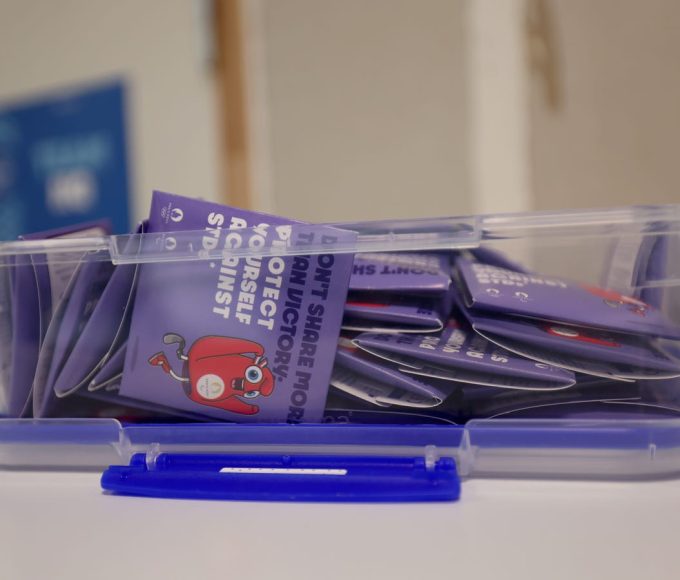



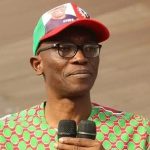
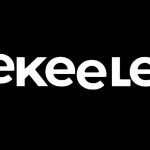


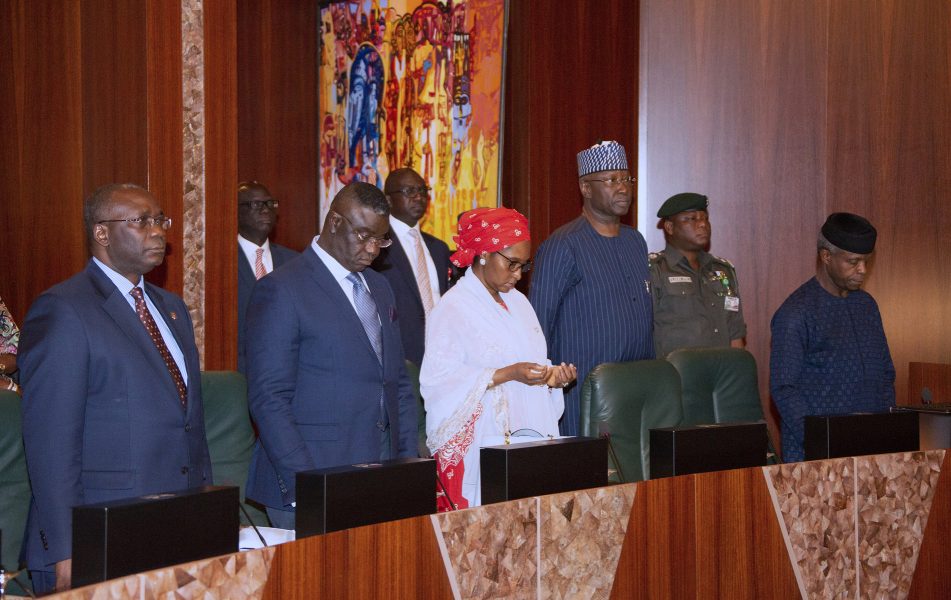
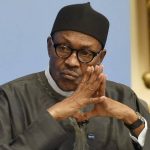


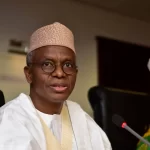


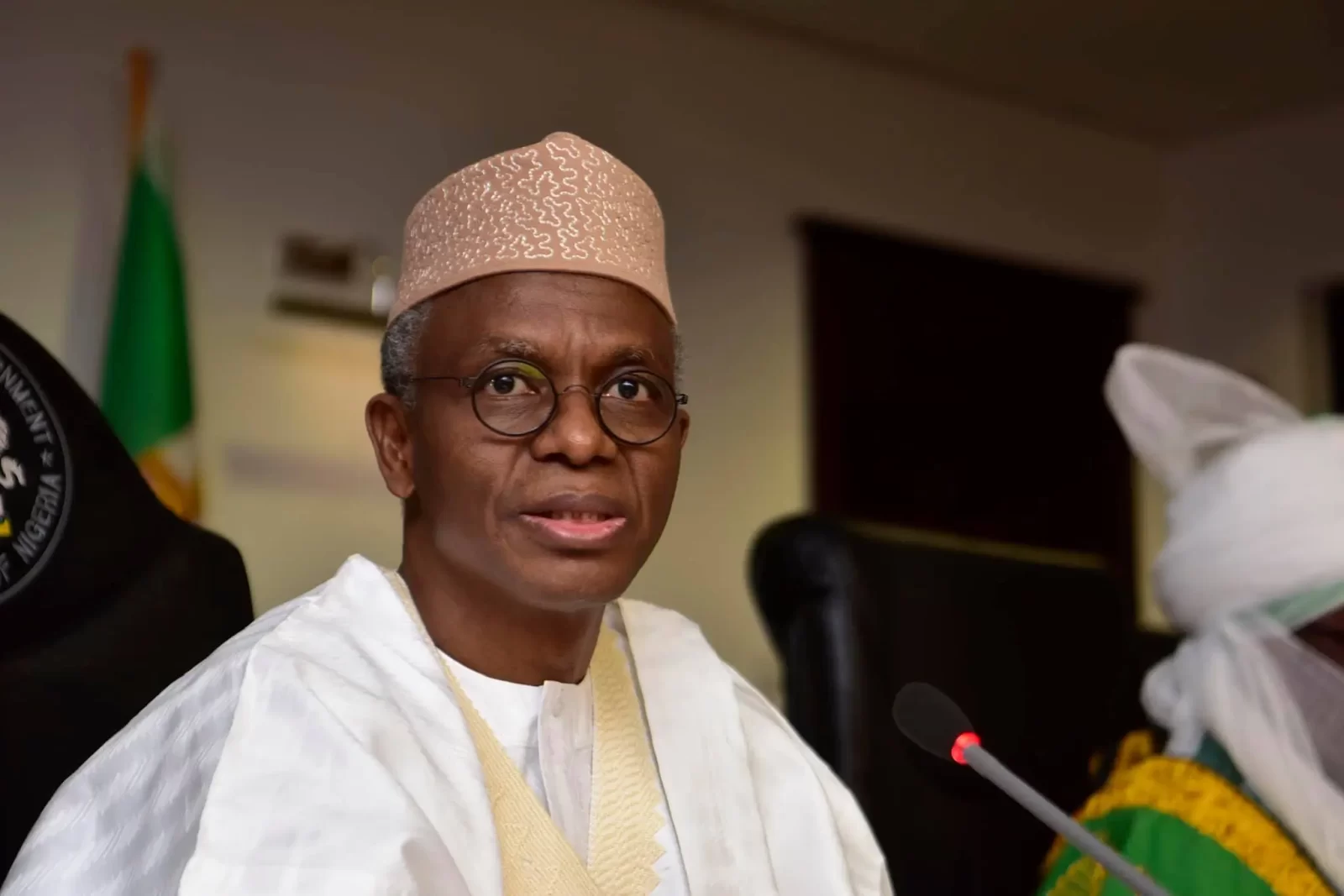



Leave a comment